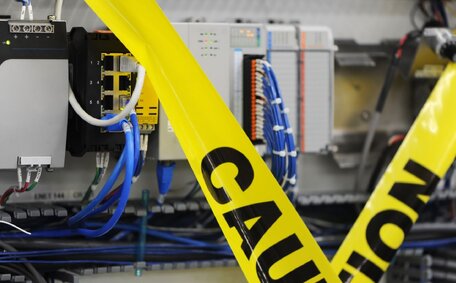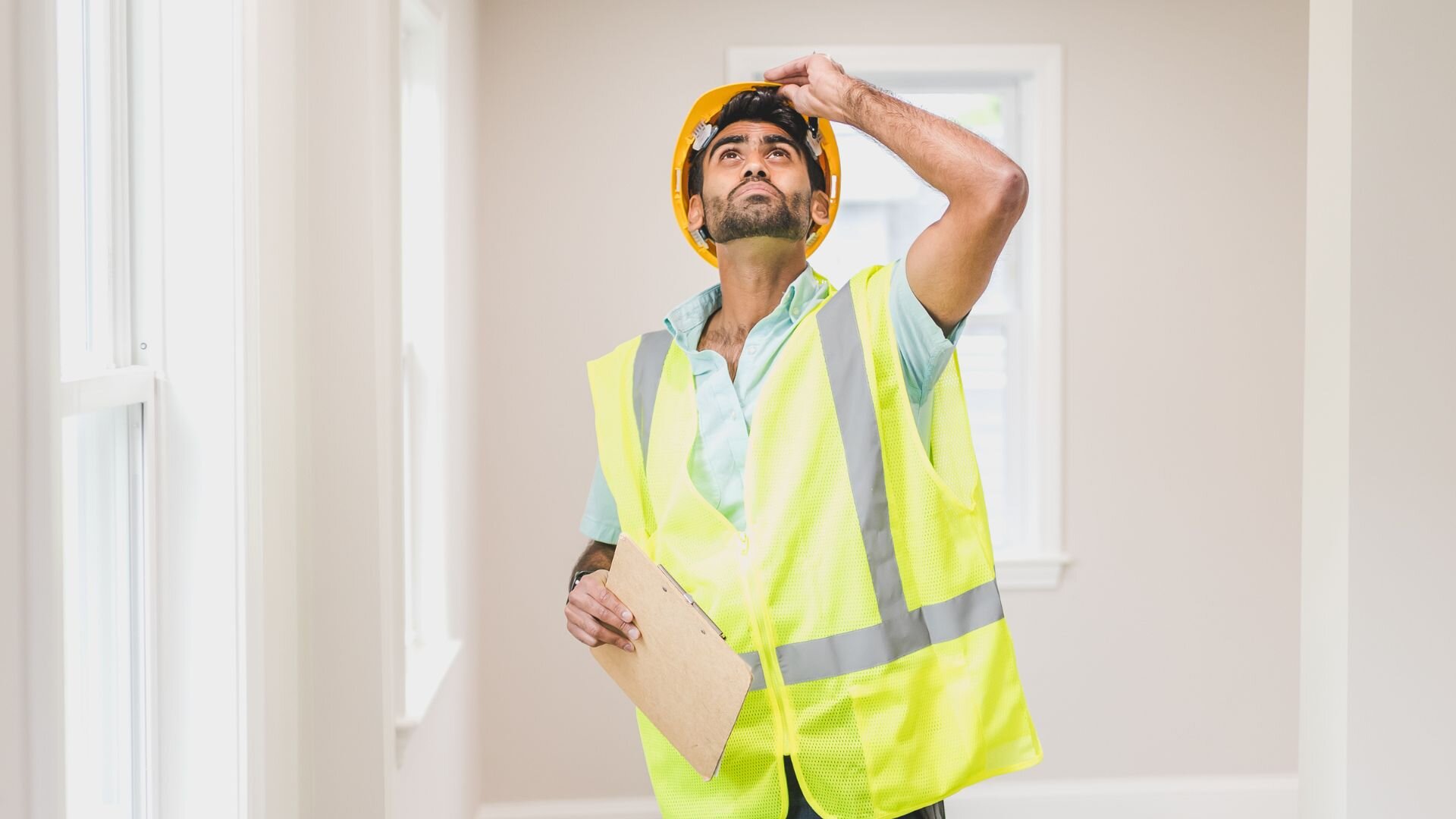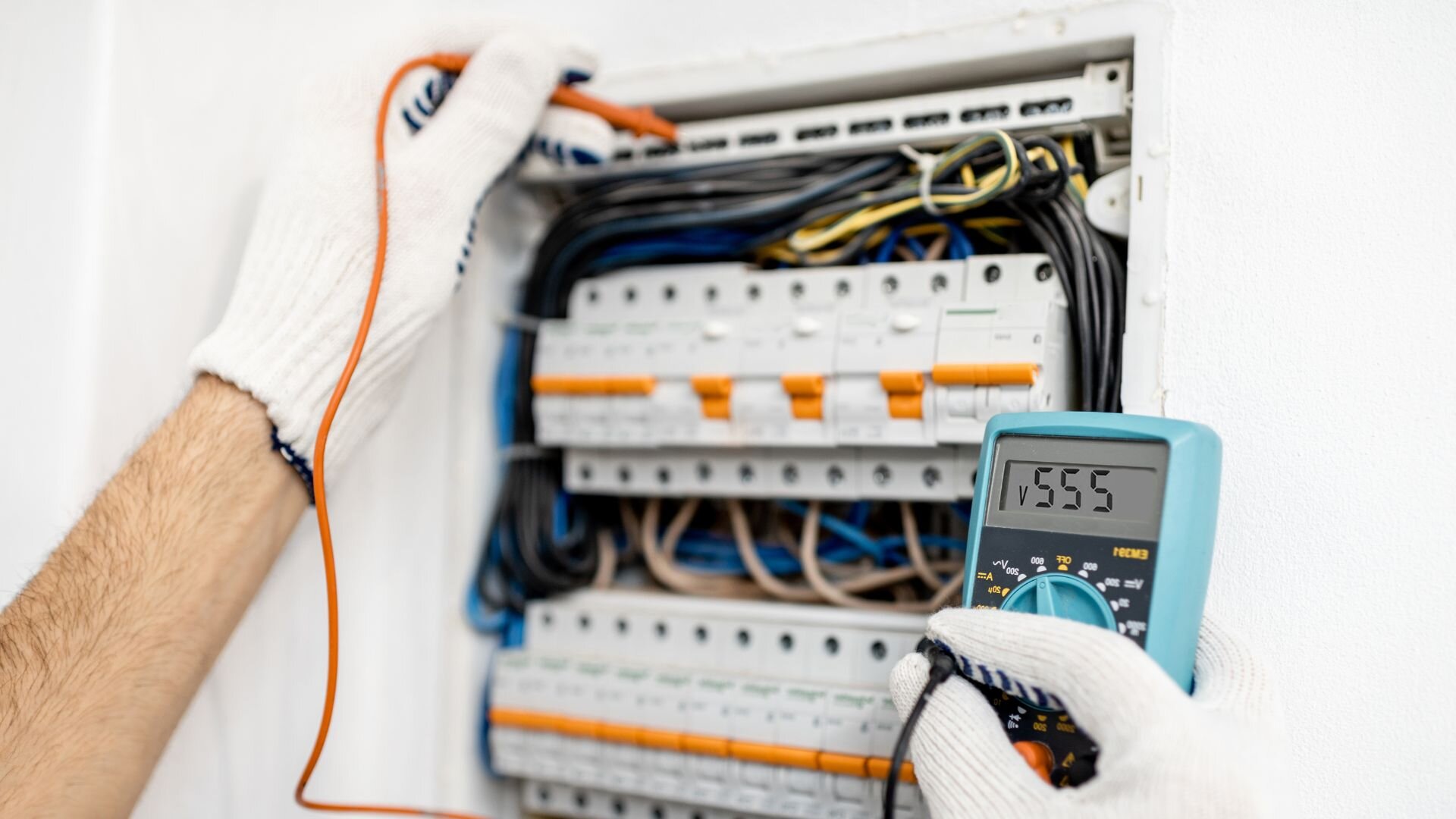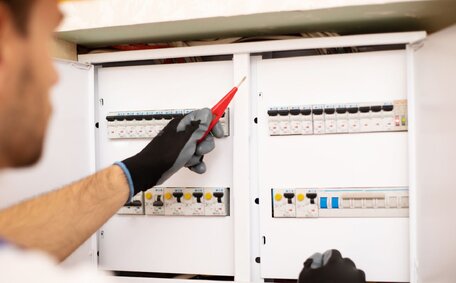A study revealed that one in five Australians lack basic consumer electricity protections, highlighting the vulnerability of many households to electrical safety hazards. This is particularly concerning in remote and Indigenous communities, which are disproportionately affected by energy insecurity.
Considering the risk of electrical accidents and the need for consumer protection, prioritising your home’s electrical safety is a must. Regular inspections are key to avoiding hazards, safeguarding your family, and ensuring your electrical system is up to standard.
In this blog, we’ll explore why getting ready for a home electrical inspection is so important and how it can enhance your home’s safety and efficiency. Whether you’re a new homeowner or just want to check your electrical system, knowing what to expect is key. Preparing well can truly make a difference.
The Essentials of Home Electrical Inspections
A home electrical inspection is crucial for maintaining the safety of your home’s electrical system. It involves assessing various electrical components to ensure everything is up to code and operating safely.
A qualified electrician will thoroughly examine the electrical wiring, outlets, circuit breakers, and other electrical installations throughout the property.
![2024 10 Electrician Undertaking Home Electrical Inspection Electrician Undertaking Home Electrical Inspection]()
Key Components of an Electrical Inspection
In a home electrical inspection, the inspector evaluates the system, from wiring and outlets to the electrical box. They also check circuit breakers, leads, ground wires, and smoke alarms to ensure everything’s working properly.
The inspector will ensure there are no exposed conductors, loose wires, or faulty wiring that could pose a fire hazard. Cable staples and secure cables are inspected to confirm that they properly hold the electrical wiring in place, and fire block expanding foam is used where required to prevent the spread of fire.
Benefits of Electrical Inspections
Regular electrical inspections are crucial for keeping your equipment and appliances safe. Spotting issues early can avert fire hazards and expensive repairs. Checking rough-in inspection points, like securing cables, is key to future-proofing your home.
Electrical inspections are crucial for home electrical systems and commercial properties to ensure the safety of electrical components. This thorough evaluation by a qualified electrician helps to prevent hazards related to loose wires or improperly installed electrical systems.
Steps to Prepare for an Electrical Inspection
Preparing for an electrical inspection is an important step in ensuring the safety of your home’s electrical system. It involves a few essential tasks that can help you address any potential issues beforehand and make the inspection process smoother.
Clear Access to Electrical Panels
Ensuring easy access to your electrical panels is crucial for a thorough inspection. The inspector needs to evaluate the electrical box, circuit breaker, and other parts without hindrance. Clearing the area aids in a smooth inspection process.
Organise the area around your electrical panels and clear any stored items or clutter. This clear access lets the inspector properly evaluate your electrical system and spot potential fire hazards or faulty wiring. A simple prep step like this makes it easier to tackle any necessary electrical work.
Check Lighting and Outlets
Testing all lighting and outlets is an essential part of preparing for a home electrical inspection. Check each outlet and light fixture to ensure they are functioning properly. Replace any faulty bulbs or outlets before the inspection to avoid potential issues during the evaluation.
Ensuring that all electrical appliances, lighting, and outlets are in good working order helps demonstrate that your home’s electrical system is safe and up to code. This also gives you the opportunity to identify any exposed conductors or loose wires that may require professional attention.
Review Circuit Breakers and Fuses
Before the electrical inspection, take the time to review the circuit breakers and fuses in your electrical box. Look for any signs of wear, damage, or overheating.
If you notice anything unusual, such as a tripped circuit breaker that won’t reset or a fuse that appears discoloured, it could indicate faulty wiring or an exposed conductor. These issues require immediate attention from a qualified electrician to ensure your home’s electrical system remains safe. Regularly inspecting these components can prevent future problems and help you stay ahead of potential electrical hazards.
Common Issues Found During Inspections
![2024 10 Switchboard Electrical Inspection Switchboard Electrical Inspection]()
Electrical inspections often highlight common issues needing quick action. Outdated wiring is often seen, especially in older homes, and can lead to faulty wires or a fire risk.
Overloaded circuits are another frequent concern, as they can result in tripped circuit breakers or even electrical fires. Loose wires, exposed conductors, and improperly secured cables can also create dangerous situations.
Identifying these problems early allows homeowners to address them before they become severe. A qualified electrician can replace outdated wiring, secure loose wires, and ensure all components of your home’s electrical system are up to current safety standards, keeping your home safe and functional.
Tips for a Successful Inspection
Homeowners can take several practical steps for a smooth inspection.
Firstly, maintain detailed records of past electrical work. This helps the inspector understand your electrical system’s history and ensures nothing is overlooked.
It’s also advisable to be present during the inspection to ask questions and receive direct feedback from the inspector. Ensure that all electrical panels are accessible, lighting fixtures and outlets are functional, and there are no obvious signs of damage, such as exposed conductors or loose wires.
Preparing in this way can help ensure the inspection goes smoothly and any potential issues are addressed promptly.
Ensuring Future Electrical Safety
After an electrical inspection, it is important to take proactive measures to maintain electrical safety. Homeowners should establish a routine maintenance schedule for their home’s electrical system, including testing smoke alarms, checking for loose wires, and inspecting circuit breakers regularly.
Staying informed about new safety standards and electrical technologies is also beneficial. Upgrading electrical appliances and components when necessary can improve overall safety and efficiency.
Regularly reviewing the state of electrical work and consulting with a qualified electrician when concerns arise can go a long way in preventing potential hazards and ensuring the ongoing safety of your home’s electrical system.
Make Your Home Safe Today
Your family’s safety should always come first, and ensuring your home’s electrical safety is a key part of that commitment. Taking action today can prevent serious accidents tomorrow. Regular home electrical inspections are essential to maintaining a safe living environment, and it is crucial to have a professional you can trust.
Bright Force Electrical is dedicated to providing thorough and reliable inspection services that give homeowners peace of mind. Our team of qualified electricians is experienced in identifying potential risks, from faulty wiring to overloaded circuits, and offering effective solutions.
Don’t wait for problems to arise—prioritise your home’s safety by reaching out for professional assistance. Bright Force Electrical is here to help, whether you need a routine inspection or electrical work to address identified issues.
Contact Bright Force Electrical today for expert service that ensures the safety and functionality of your home’s electrical system. Let us help make your home a safe place for you and your loved ones.









